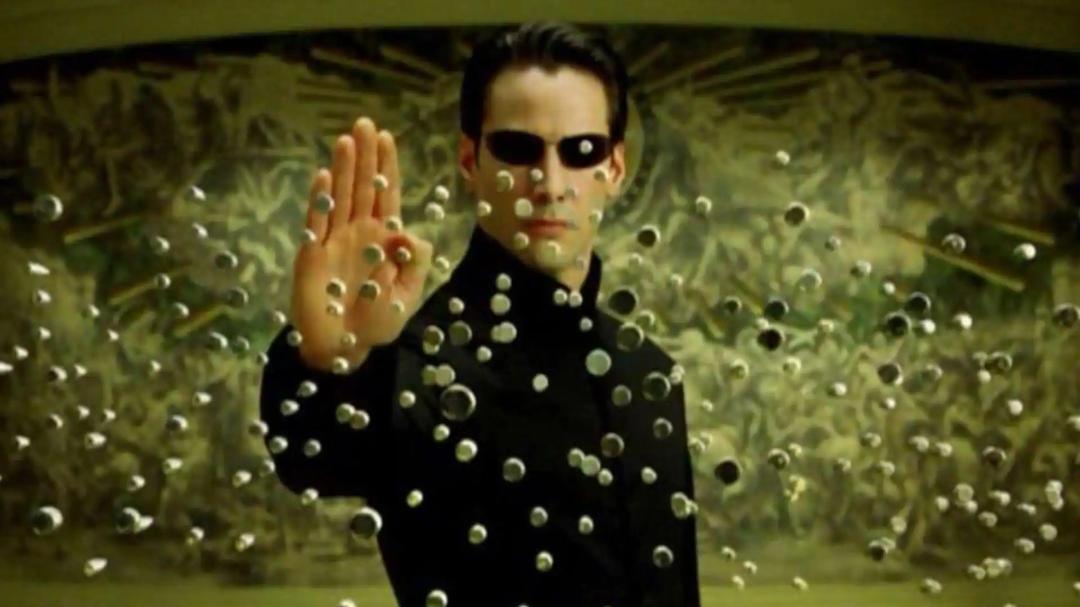
Physicists prove universe isn’t a computer simulation like in ‘The Matrix’
The idea that our universe is a computer simulation, similar to the one depicted in the iconic movie “The Matrix,” has been a topic of debate among philosophers, scientists, and technology entrepreneurs for years. This concept, also known as the “Simulation Hypothesis,” suggests that our reality is a simulation created by a more advanced civilization. However, physicists from the University of British Columbia Okanagan (UBCO) have now mathematically proved that this is not the case.
According to a recent press release, the physicists have shown that the universe is not a computer simulation, but rather it is built on “a type of understanding that exists beyond the reach of any algorithm.” This groundbreaking study challenges the notion that our reality can be reduced to a set of computational rules and codes. The researchers argue that the fundamental laws of physics cannot be contained within space and time, as they are the very things that generate them.
The study’s co-author emphasized this point, stating that “fundamental laws of physics cannot be contained within space and time, because they generate them.” This means that the laws of physics are not just a set of rules that govern the behavior of particles and objects within the universe, but they are actually the underlying fabric that gives rise to space and time itself.
The idea that the universe is a computer simulation is often associated with the concept of a “multiverse,” where our universe is just one of many simulations created by a advanced civilization. This idea has been popularized by technology entrepreneurs such as Elon Musk, who has stated that the probability of our universe being a simulation is quite high.
However, the UBCO physicists argue that this idea is based on a flawed assumption that the laws of physics can be reduced to a set of computational rules. They claim that the laws of physics are not just a set of algorithms that can be programmed into a computer, but rather they are a fundamental aspect of the universe that cannot be reduced to a set of codes.
The study’s findings have significant implications for our understanding of the nature of reality and the universe. If the universe is not a computer simulation, then what is its true nature? The researchers suggest that the universe is built on a type of understanding that exists beyond the reach of any algorithm, which means that there are aspects of reality that cannot be reduced to computational rules.
This idea is not new, and it has been explored by philosophers and scientists for centuries. The concept of “emergence” suggests that complex systems can exhibit properties and behaviors that cannot be reduced to their individual components. In other words, the whole is more than the sum of its parts.
The UBCO study provides a mathematical framework for understanding this concept, and it has significant implications for our understanding of the universe and its laws. The researchers argue that the laws of physics are not just a set of rules that govern the behavior of particles and objects, but rather they are a fundamental aspect of the universe that gives rise to space and time itself.
In conclusion, the study by UBCO physicists provides strong evidence that the universe is not a computer simulation like in “The Matrix.” Rather, it is built on a type of understanding that exists beyond the reach of any algorithm. The fundamental laws of physics cannot be contained within space and time, because they generate them. This idea has significant implications for our understanding of the nature of reality and the universe, and it challenges the notion that our reality can be reduced to a set of computational rules and codes.
As we continue to explore the mysteries of the universe, it is clear that there is still much to be discovered and understood. The UBCO study provides a significant step forward in our understanding of the universe and its laws, and it challenges us to think about the nature of reality in a new and exciting way.






